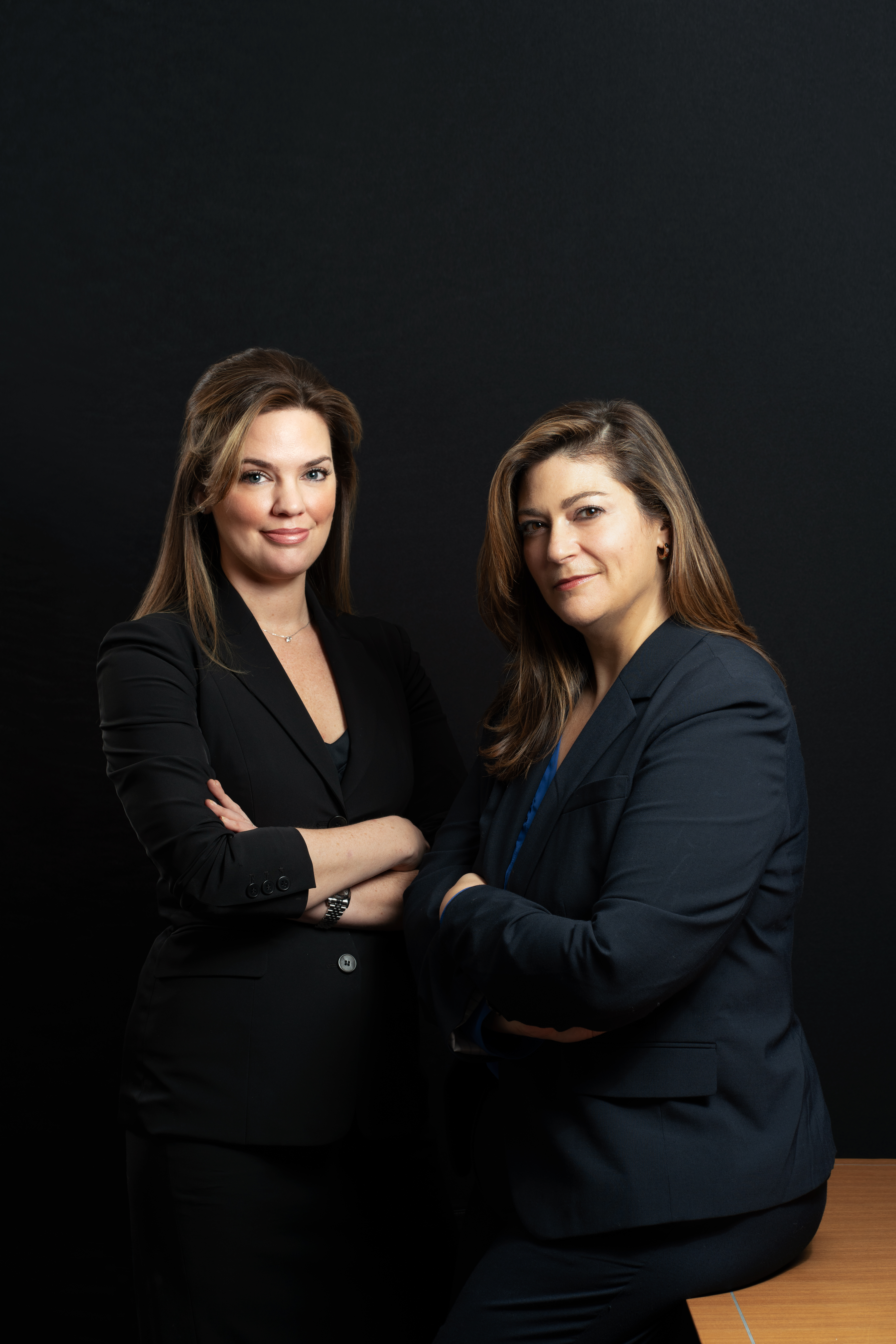As COVID-19 cases are on the rise across the country and some level of social distancing is recommended in all states, many families’ summer plans have been impacted– from day-to-day warm-weather activities and pool parties with friends, to family vacations and summer camp.
We receive frequently-updated and, often, conflicting recommendations from various local, state, and national health advisors relating to the best practices for managing possible COVID-19 exposure, so it is more important than ever for co-parents to be on the same page and to navigate these parenting decisions together. The COVID-19 outbreak has forced us to adapt to new routines and safety practices and the co-parenting plan that is normally in effect might not be optimal now.
For example, you and your co-parent might determine that a parenting time schedule with fewer transitions is preferable during a period of high infection rate in your area, or you may disagree about things like the conditions necessary to safely set up play dates, entertain visitors in your respective residences, have children attend day or sleepaway summer camp, and general social distancing practices outside the home. Understanding that there is a range of reasonable responses to the unprecedented circumstances presented by COVID-19, it is necessary for co-parents to establish consistent practices between both homes so that children are not confused or made even more anxious by having to learn and follow separate rules for each home.
The following suggestions can help parties successfully tackle COVID-19 co-parenting challenges including:
Have an open discussion with your co-parent about your specific concerns regarding possible COVID-19 exposure to work together to create consistent guidelines that best address those concerns. Some questions to ask might include:
- Under what circumstances will the parties and the children be wearing masks?
- Are there underlying health conditions for either party or the children that may require a heightened level of restrictions be put in place?
- Are there third parties entering the home to help care for or spend time with the children (e.g., nannies, tutors, extended family) and, if so, what precautions should be taken?
- Are the parties interacting with others during their non-parenting time and, if so, what mutual restrictions should be implemented?
- Will the children be interacting with other children and, if so, what limitations will be placed on where and in how large a group they can do so—can they visit playgrounds, engage in contact sports, visit with each other indoors, etc.?
- Will the children be permitted to attend camp and, if so, what precautions should be required (e.g., daily temperature checks, testing, limited capacity, mandatory masks, etc.)?
- What precautions, if any, are required to visit pools with non-family members?
- Will the parties and/or the children be getting tested for the virus or the antibodies? Will such testing be requested of others with whom the parties or the children interact?
Discuss what additional limitations (if any) should apply to any summer vacation a parent takes with the children.
For example, is it appropriate for the children to fly? Will they need to quarantine at certain destinations? If traveling with or meeting others, will those people need to quarantine? Should the parties insist that traveling companions be tested for the virus or the antibodies? Will the need for testing and/or quarantine be dependent on location—including for parents who are traveling to exercise parenting time from one state to another for which quarantine is recommended before the parenting time begins?
Consider whether the current parenting time schedule should be modified on a temporary basis to limit transitions between the parents’ homes or to permit the child to reside for a period of time in a place with a lower rate of infection or to accommodate the schedule and/or concerns associated with a parent being an essential worker.
Even if the parties agree that a modification to the regular schedule is needed, be sure to consult matrimonial and family law counsel who can help draft an enforceable agreement and advise as to possible issues triggered with such a modification.
Keep the focus of any co-parenting discussions on the best interest of the children. COVID-19 should not be used as an excuse to promote a parent’s custodial agenda or to punish a co-parent for unrelated issues.
It is not always possible to resolve disagreements on some of these issues, even when both parties are acting in good faith. In such instances, it is helpful to seek guidance from available health advisory agencies—city, state, or federal. And if co-parents still are unable to agree, follow the provisions in your custody agreement for making decisions in times of disagreement in order to establish guidelines upon which the family can rely in the coming months.


